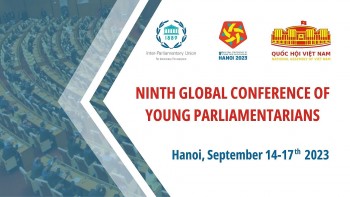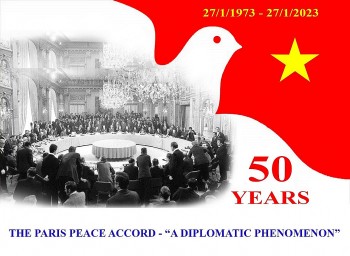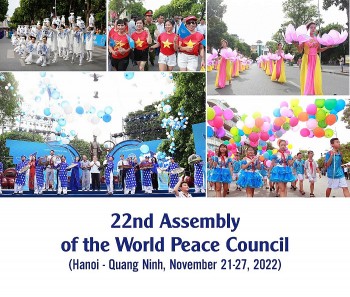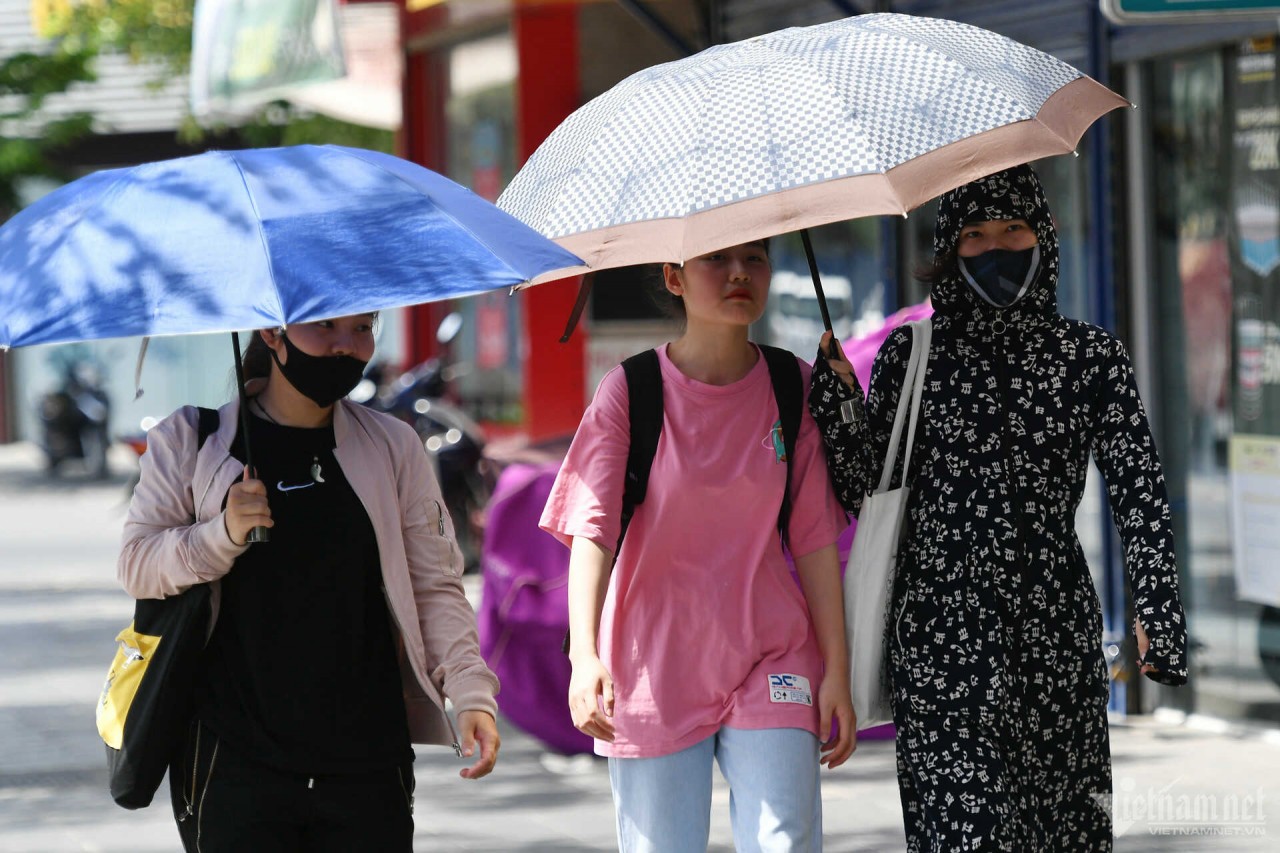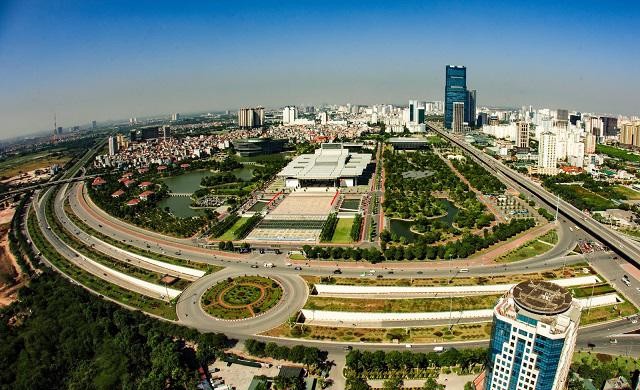Number of guest workers highest ever
(VNF) - In 2014, Vietnam sent 106,840 labourers to work abroad, an increase of 18.7% on the planned number, making it the largest number of guest workers sent abroad over the past years, according to statistics from the Overseas Labourer Management Department under the Ministry of Labour, War-Invalids and Social Affairs (MOLISA).
There was a remarkable increase in the number of guest workers to traditional labour markets, with 62,000 sent to the Taiwanese market, nearly 20,000 to the Japanese market, nearly 7,000 to the Korean market, nearly 5,000 to the Malaysian market, nearly 4,000 to the Saudi Arabian market, and nearly 1,000 to the Qatar market.
According to MOLISA Deputy Minister Pham Minh Huan, in 2015, together with developing the traditional markets, the ministry will study and exploit other markets which provide good employment and income for Vietnamese labourers, especially for trained labourers.
In realizing the State guideline in sending labourers abroad, the ministry has always given an orientation to enterprises in seeking and exploiting markets that receive highly skilled labourers, and paying attention to train high quality labourers for foreign markets.
According to Tong Hai Nam, Deputy Head of the Overseas Labourer Management Department, at present, MOLISA is carrying out a project giving support for guest workers, including a program on training high quality labourers based on national agreements or contracts between Vietnamese enterprises and foreign partners.
With the establishment of the ASEAN Community by late 2015, the number of Vietnamese labourers sent to work abroad is expected to increase. At first, labourers of 8 industries, including accounting, architects, odontologists, doctors, engineers, nurses, transporters and tourism human resources, are allowed to travel freely through agreements on recognition of equivalent skills. Moreover, high quality human resources who are good at foreign languages, especially the English language, have more opportunities to work in the region, leading to an increase in guest workers in 2015, Mr. Nam made an assessment./.
Minh Anh
Most read
Recommended
 National
National
Egyptian Newspapers Hails Dien Bien Phu Victory of Vietnam
 National
National
European Union To Strengthen Cooperation With Viet Nam Union of Friendship Organizations
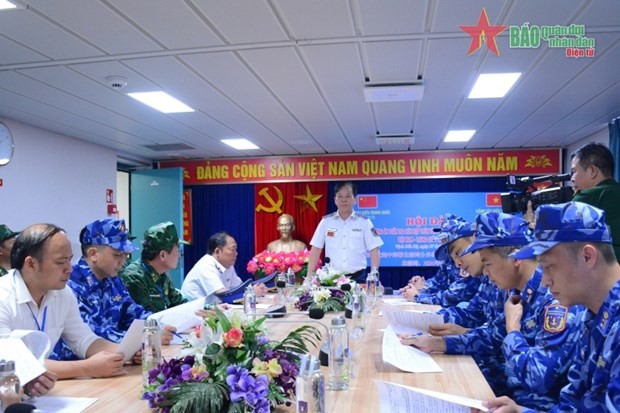 National
National
Vietnam News Today (Apr. 26): Vietnam, China Conducts Joint Patrol Along Demarcation Line in Gulf of Tonkin
 National
National
Vietnam News Today (Apr. 25): Vietnam Emerges As Fastest Growing Digital Economy in ASEAN
Popular article
 National
National
ASEAN's Robust Youth - The Key to the Region's Future Success
 Focus
Focus
Foreign Minister Highlights Significance of Geneva Accords
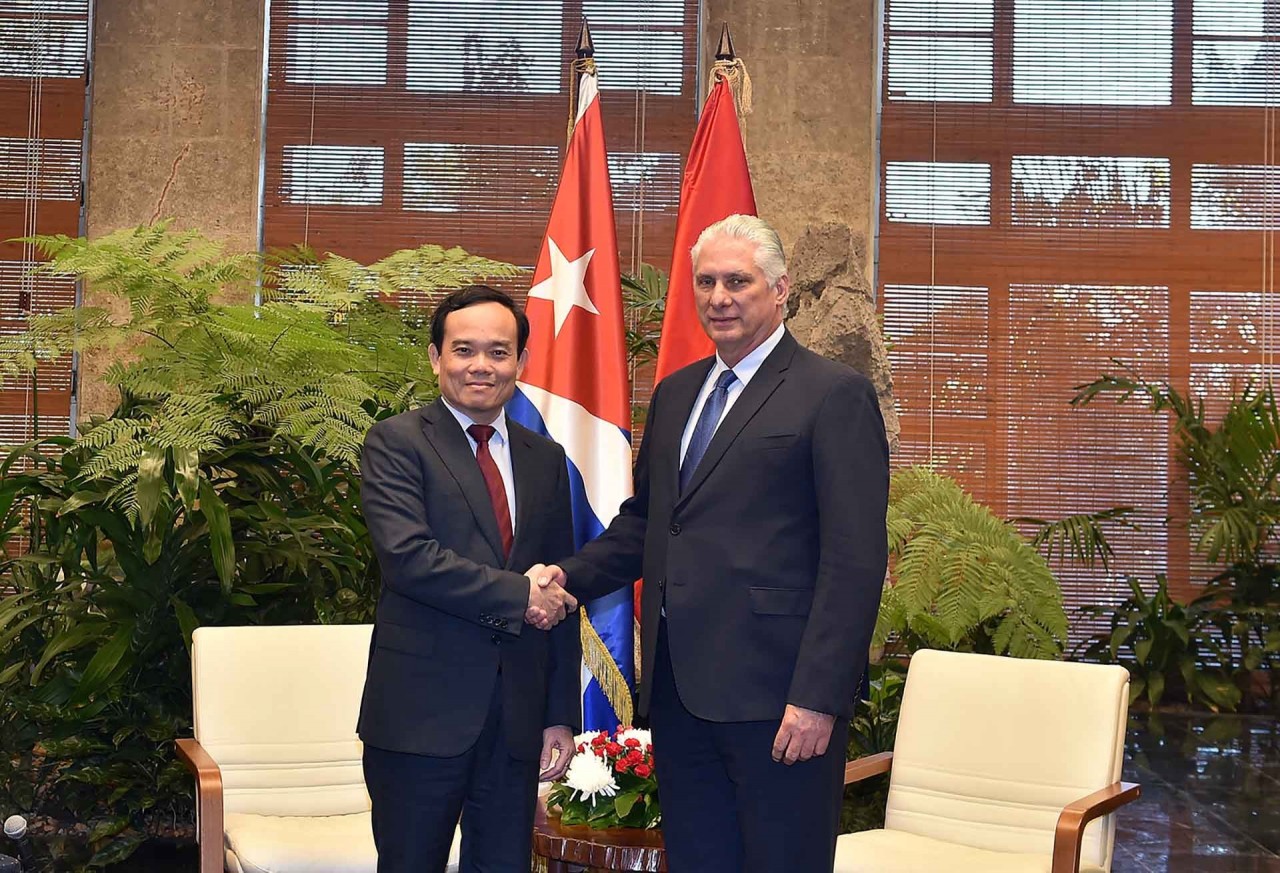 National
National
Deputy Prime Minister Tran Luu Quang's Visit to Cuba And Venezuela Deepens Relations
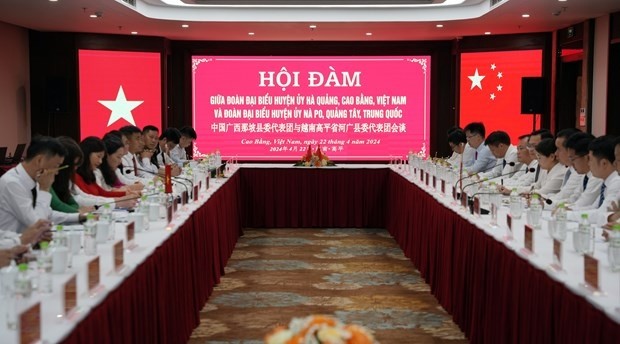 National
National

